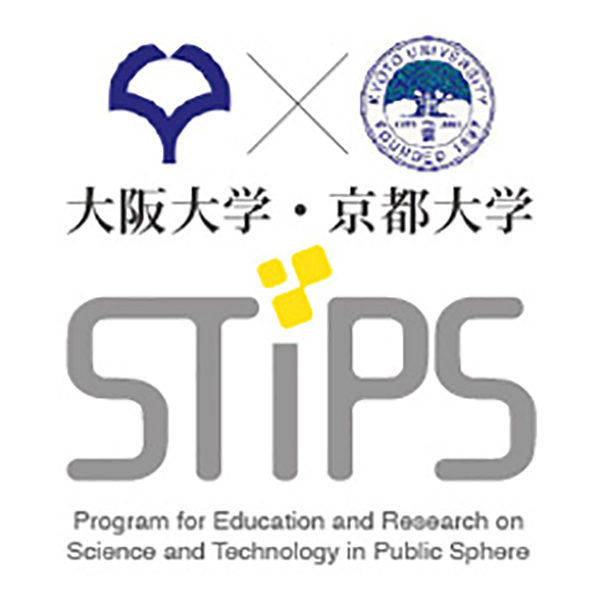Key Competencies You Can Acquire
Two Types of “ability of mediation (bridging ability)”
Our hub seeks to improve students’ competencies to contribute to policy making by analyzing public engagement in ethical, legal, and social issues in science and technology (ELSI), and by mediating between disparate academic fields as well as between academia, policy and society.1. Intermediaries between disparate disciplines and fields.
Specialists in the practice and analysis of public engagement who communicate across different disciplines and fields (research communities, policy, industry, and civil society), to produce policy proposals and designs from broad perspectives.2. Research specialists who can connect their own disciplines with other disciplines, industries, and citizens.
Researchers who, while conducting research in specific disciplines of natural sciences, engineering, humanities, and social sciences, are able to contribute to policy proposals and design through productive two-way interaction with other disciplines, industries, and citizens.Our Hub Education aims to inculcate basic understanding of:
・Science, Technology and Innovation Policy.
・History of science and technology.
・Arguments in science studies and philosophy of science.
・Science and technology studies (STS), through case studies about ethical, legal, and social issues in science and technology (ELSI).
・Domestic and foreign cases; their theoretical significance as well as practical knowledge of planning and management.
・Eliciting social issues and expectations related to science and technology from public engagement practices, framed as issues in policy and research development.
・Policy proposals in relation to issues and expectations on the cutting-edge research and development of science and technology.
・ Mediation (as described above) for communicating with other fields, including industries, jobs, and citizens.
Career Path
・Staff of universities, research institutions, or corporations, using knowledge of “science for policy” as well as their own disciplines.・Career paths associated with “science of policy,” including government officials, policy secretaries, and think-tank staff.
・Research policy staff at research universities–a field anticipating growing demand.
・Risk communicators working in regional and national government and industries.





